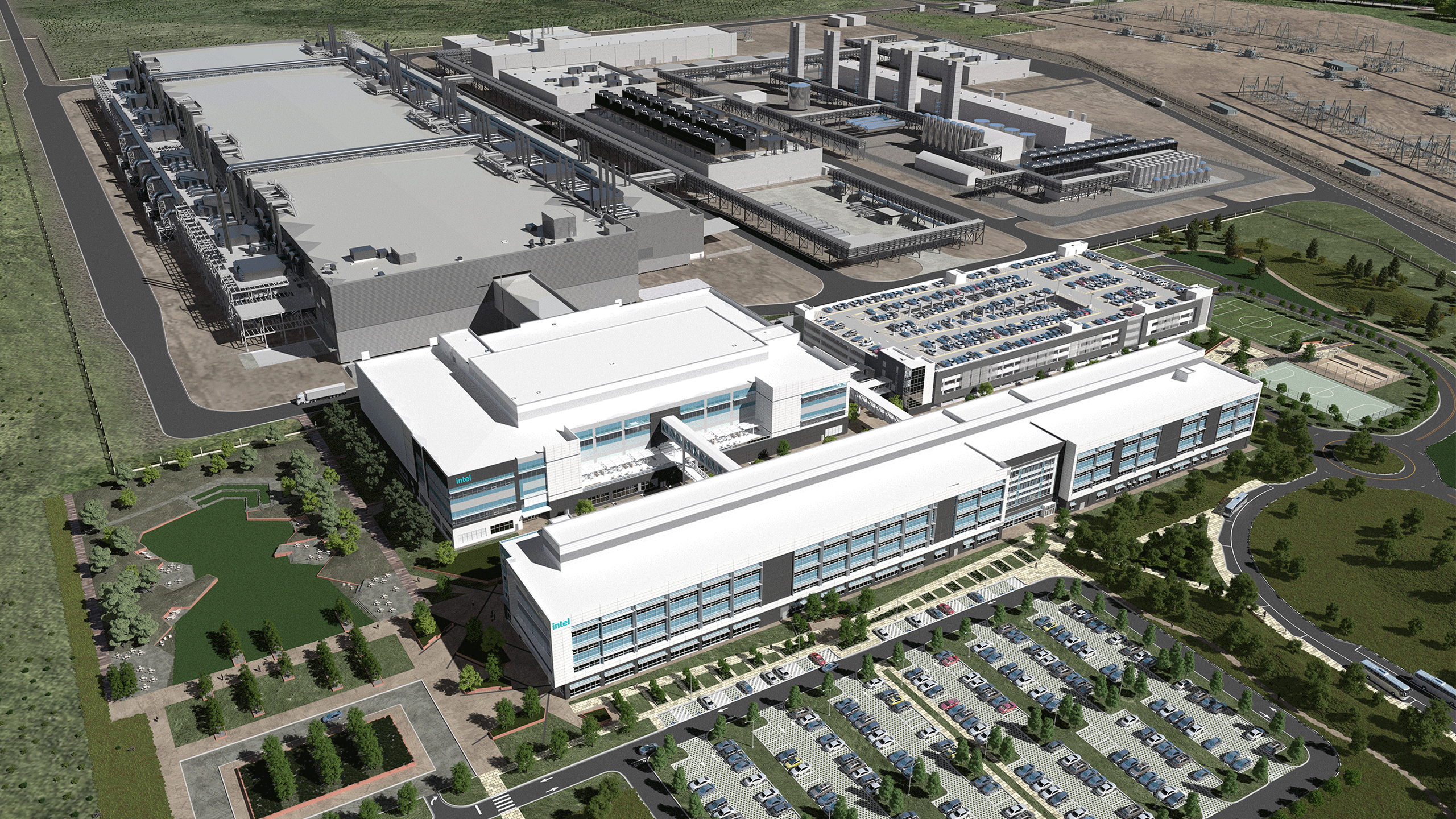Intel postpones Magdeburg fab until 2029 to 2030 — German subsidies to Intel could go back to the federal budget
However, the finance minister opposes the move.

It took the German government some time to secure €10 billion in funding for Intel’s Fab 29 near Magdeburg. However, now that the company has decided to postpone the project launch to 2029 – 2030, that funding will likely go back to the federal budget, reports HardwareLuxx.
Intel’s project near Magdeburg was to receive substantial government backing of €10 billion from the Climate and Transformation Fund, with an initial tranche of €3.96 billion allocated for 2024. However, Intel postponed construction for financial reasons and slowly ceased its foundry business, putting these funds on hold.
This delay jeopardizes Germany’s ambitions in the semiconductor sector and raises political questions about using €10 billion in government subsidies initially pledged to support Intel’s investment. Finance Minister Christian Lindner has advocated reallocating the funds, viewing it as a fiscally prudent response to current economic pressures. On the other hand, Economic Affairs Minister Robert Habeck has resisted this shift, as his ministry oversees the fund and intends it to support economic growth and climate initiatives.
Intel’s delay introduces uncertainty about the project’s future, raising questions about whether it will proceed as planned or if new terms need to be negotiated. Alexander Schiersch of the German Institute for Economic Research (DIW) said earlier this year that given Intel’s current financial struggles, chances that it will return to the Magdeburg project were no more than 50%.
If Intel decides to proceed, the government may need to renegotiate subsidy details from scratch. If Intel cancels the project, it leaves the question of how to use the land initially intended for the factory. The site, tailored for this specific facility, may be challenging to repurpose quickly or effectively, creating potential setbacks for regional development plans.
Given the global economic environment, securing the required funding and proceeding with the chip factory project may become increasingly difficult for both Intel and the German government in the coming years. Therefore, it remains to be seen whether Intel can realistically return to its Fab 29 project in 2029 – 2030, as planned.
Get Tom's Hardware's best news and in-depth reviews, straight to your inbox.

Anton Shilov is a contributing writer at Tom’s Hardware. Over the past couple of decades, he has covered everything from CPUs and GPUs to supercomputers and from modern process technologies and latest fab tools to high-tech industry trends.
-
why_wolf Not really a surprise. Probably a best case scenario will be if Germany can find another foundry business to take over the site instead of waiting for Intel to get their ship in order.Reply -
watzupken This supposed delay is more like a permanent decision. Just a nice way to excuse themselves.Reply